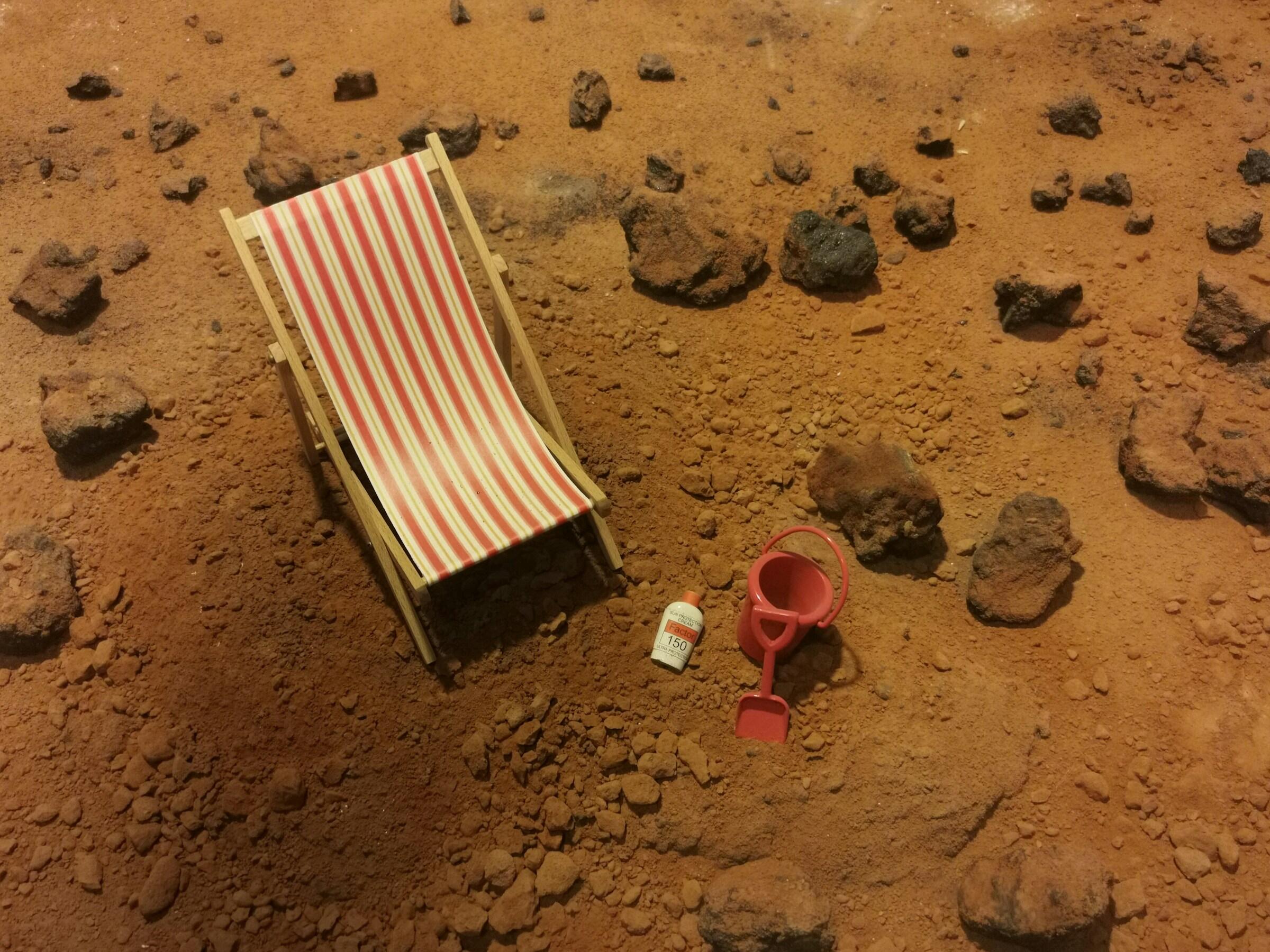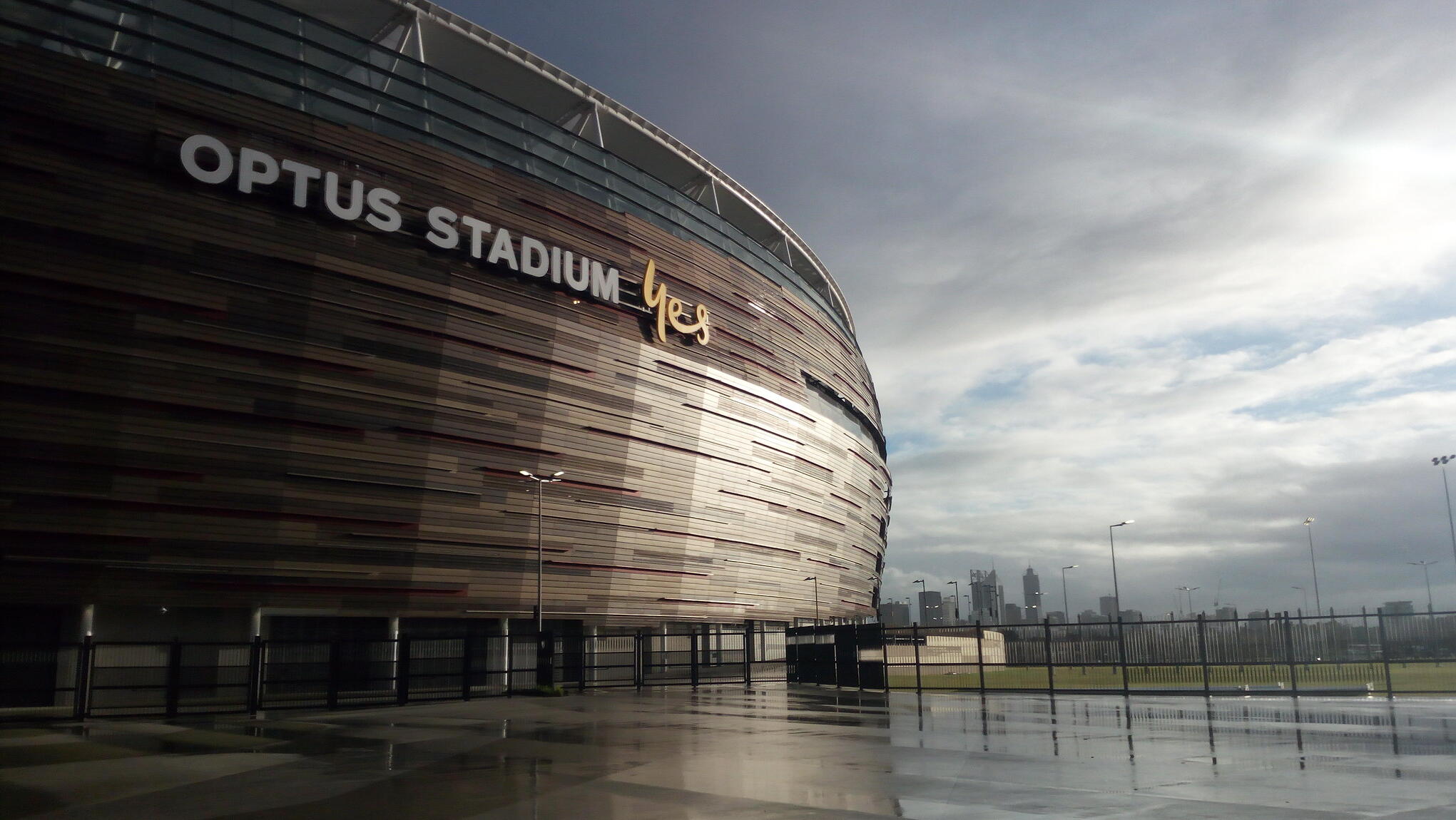Welcome to All That Jazzet, the column where market meltdowns lock eyes with that Gen-Z stare and executive egos get the soft-focus treatment they so richly deserve.
In this installment, we raise an IOU toast to Optus Sport.
The company is packing up its digital beach towels and heading offline — but not before handing some users a refund in the form of a cheque.
That’s right. In 2025. A cheque.
Because when your $199 subscription goes “poof”, nothing says “thanks for streaming” like a trip to a bricks-and-mortar bank, complete with fluorescent lighting and gentle existential dread.
Of course, Optus insists it’s not a widespread practice — just a quaint fallback when the billing gremlins strike or someone’s credit card ghosts them.
They even argue that cheques are a clever anti-scam strategy, which is kind of like sending carrier pigeons to thwart cybercrime.
The government isn’t mad (yet), but it is slowly steering the nation toward a cheque-free future.
And as Consumer Policy’s Chandni Gupta puts it, if the money went out digitally, there’s no need for customers to channel their inner pensioner to get it back.
In short, it’s not illegal, just incredibly nostalgic. Victorian, even.
But hey — maybe Optus is pioneering vintage fintech.
Want us to fax over your next refund slip?

Martian travels 225 million kilometres, loses to nosey teenager
In the latest installment of "You spent how much on what?", Sotheby’s served up a celestial charmer — a 54-pound (24.5kg) Martian rock named NWA 16788, which sounds suspiciously like a skincare serum or a rap band's PIN code.
The extraterrestrial pebble, after a casual 140-million-mile interplanetary road trip, landed on Earth and eventually in someone’s collection for a tidy US$5.3 million.
Not bad, though the bidding was less out-of-this-world and more mildly terrestrial, with the auctioneer practically resorting to interpretive dance just to raise the stakes. Sotheby’s had hoped for more drama — but hey, not every Martian makes a scene.
Then came the real headliner: a juvenile Ceratosaurus skeleton, one of four known to science and the only teen of the bunch — because apparently even dinosaurs come in collectible age brackets.
Bidding went from 0 to Jurassic in under six minutes, with six bidders slinging millions like Monopoly cash.
Starting at $6 million, it thundered up to $26 million, plus add-ons that would make a luxury hotel blush. The crowd clapped. Paleontologists cried. Somewhere, Mars looked on, wondering how it got upstaged by a prehistoric teenager with a nose horn.
